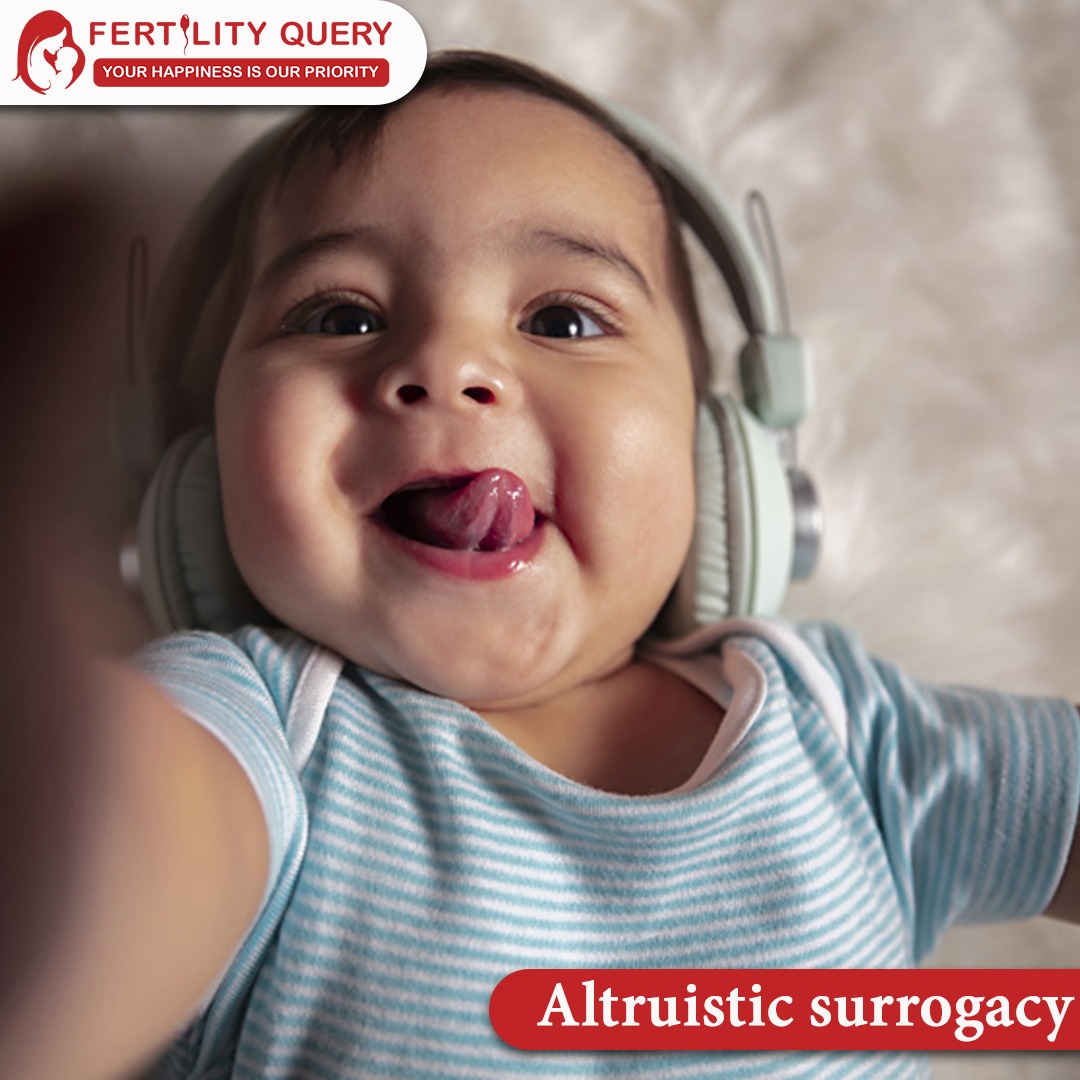
Best Altruistic Surrogacy Centre in Jalandhar
Best altruistic Surrogacy Centre in Jalandhar offers various fertility treatments and services to help couples and individuals achieve their dream of having a baby. One of the options available is altruistic surrogacy, which involves a woman carrying a baby for someone else without receiving any financial compensation. In this essay, we will discuss altruistic surrogacy, its benefits and drawbacks, and the ethical issues surrounding it.
What is Altruistic Surrogacy?
Altruistic surrogacy is a type of surrogacy where a woman agrees to carry a baby for another person or couple without receiving any financial compensation. The surrogate mother may be a close friend or family member of the intended parents or a volunteer who has offered to help. In altruistic surrogacy, the surrogate mother only receives reimbursement for medical expenses and other related costs.
Benefits of Altruistic Surrogacy
One of the primary benefits of altruistic surrogacy is that it allows individuals or couples who cannot conceive naturally to have a child. It is also an option for those who have medical conditions that make pregnancy unsafe or impossible. Altruistic surrogacy can also help same-sex couples and single individuals who want to have a child.
Another advantage of altruistic surrogacy is that it is usually less expensive than commercial surrogacy. Because the surrogate mother is not receiving any financial compensation, the costs associated with surrogacy are much lower. This makes it more accessible to individuals or couples who may not be able to afford commercial surrogacy.
Drawbacks of Altruistic Surrogacy
One of the main drawbacks of altruistic surrogacy is that it can be emotionally challenging for all parties involved. The surrogate mother may experience physical and emotional difficulties during the pregnancy and childbirth process, and she may also struggle with giving up the baby after it is born. The intended parents may also experience emotional stress and anxiety, as they may feel a sense of detachment from the pregnancy and the baby.
Another drawback of altruistic surrogacy is that it may be difficult to find a suitable surrogate mother. Because the surrogate mother is not receiving any financial compensation, it may be challenging to find someone who is willing to undergo the physical and emotional challenges of surrogacy without any financial reward.
Ethical Issues Surrounding Altruistic Surrogacy
Altruistic surrogacy raises several ethical issues, including the exploitation of women and the commodification of children. Some argue that altruistic surrogacy is a form of exploitation because it relies on the unpaid labor of women. Others argue that it commodifies children by treating them as objects to be bought and sold.
Another ethical issue surrounding altruistic surrogacy is the question of consent. Some argue that the surrogate mother may not fully understand the implications of her decision to carry a baby for someone else without receiving any financial compensation. Others argue that the intended parents may not fully understand the emotional challenges of surrogacy and may not be adequately prepared to support the surrogate mother throughout the process.
Conclusion;
Altruistic surrogacy is a viable option for individuals or couples who want to have a child but cannot conceive naturally. While it offers several benefits, including affordability and accessibility, it also raises ethical issues, including the exploitation of women and the commodification of children. As such, it is essential to consider the potential emotional and ethical challenges of altruistic surrogacy before embarking on the process. It is also important to ensure that all parties involved fully understand the implications of their decisions and have access to adequate support throughout the process.



